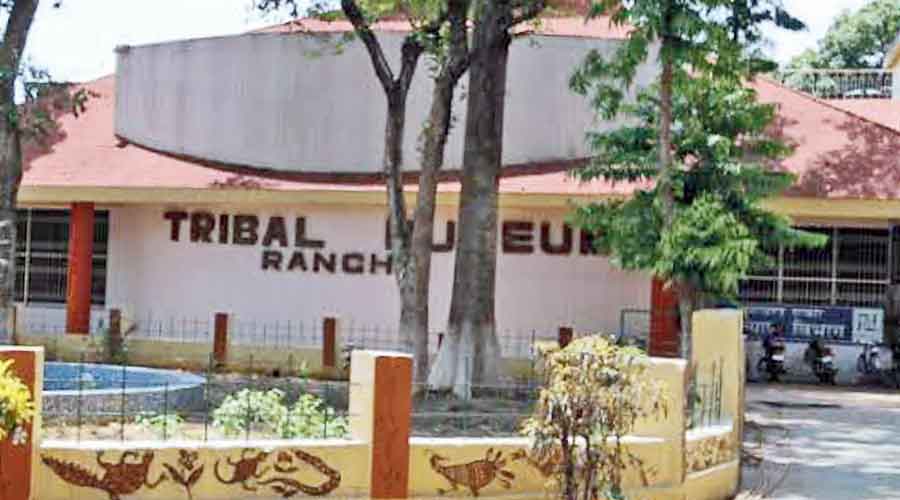The writers, researchers and reporters must not be indifferent towards significant events around them and should instead do their bit to document those for posterity.
A seminar, intended to send this message across the board, has been planned in Ranchi in remembrance of the massacre of tribals in undivided Bihar that went largely unnoticed half a century ago.
The seminar, organised jointly by Jharkhandi Bhasha Sahitya Sanskriti Akhara and Dr Ram Dayal Munda Tribal Welfare Research Institute (popularly known as TRI), will be held at the latter’s auditorium on November 22.
On that day 50 years ago, in 1971, a private army of landowners had attacked a settlement of Santhal sharecroppers at Rupaspur-Chandwa in Purnia district of Bihar.
The private army indulged in indiscriminate firing and arson at the settlement that left 14 of the inmates, including old, women and children, roasted alive and many injured or burnt.
“That was the first massacre of the tribals in free India in connection with land-related issues but such a horrific incident was largely ignored by local writers, sociologists and researchers of universities and even major media houses,” alleged Vandana Tete, the secretary of the co-organiser Akhara.
“It was not an isolated incident but the beginning of a series of such massacres that continued till the one that took place in Araria about a decade ago,” added Ranendra Kumar, prominent Hindi writer who is also the director of TRI, the other co-organiser of the seminar.
The local zamindars occupied new stretches of fertile land created by shifting the course of the Koshi river and the Santhals settled there about a century ago for cultivating the area, he said about the background of the tribal settlement there.
“But the Santhal sharecroppers, influenced over the time by sympathising political workers and also possibly by the happenings at nearby Naxalbari across the border in Bengal, started realising their rights that caused a clash of interests with the landowners, leading to the trouble,” Ranendra explained.
But the incident was largely ignored by writers, researchers and also reporters, he lamented, adding that it could otherwise help create a public opinion against such a carnage.
“Even a respected celebrity litterateur whose reportage on drought or flood in the region would often appear in a well known national magazine also chose to ignore it for reason best known to him,” he added without taking his name.
“Such indifferent attitude shown by them left that tribal settlement in the lurch,” said Tete, justifying the topic of their seminar, Bebas loktantra aur khamos sahitya ke beech Rupaspur-Chandwa (Rupaspur-Chandwa sandwiched between inept democracy and silent literature).
“Our primary aim is to bring to attention the injustice done to the victims fifty years ago and also to motivate litterateurs and researchers to dig into the evils leading to such massacres and suggesting remedies,” she said.











